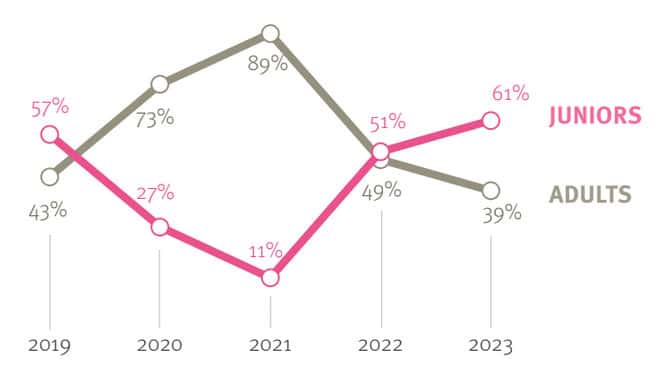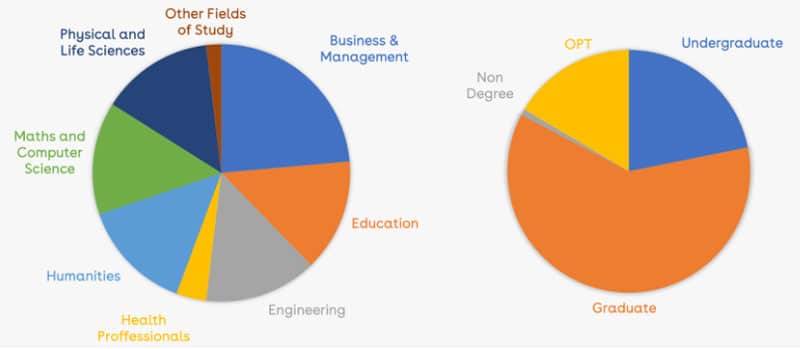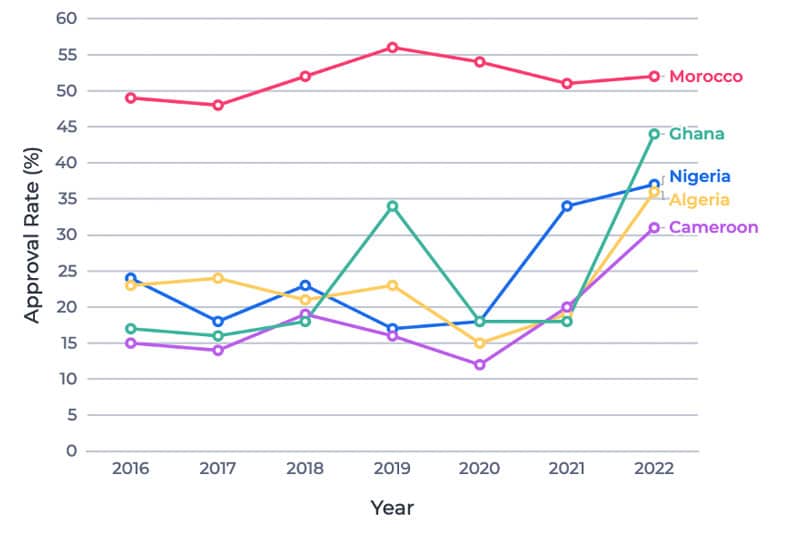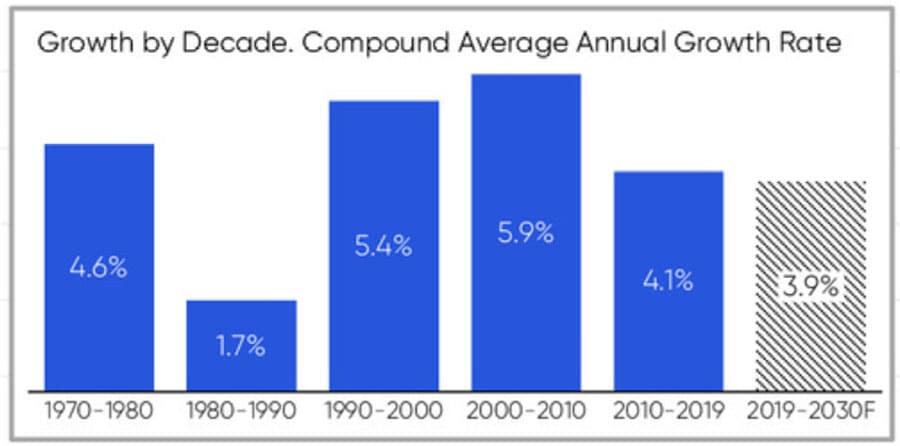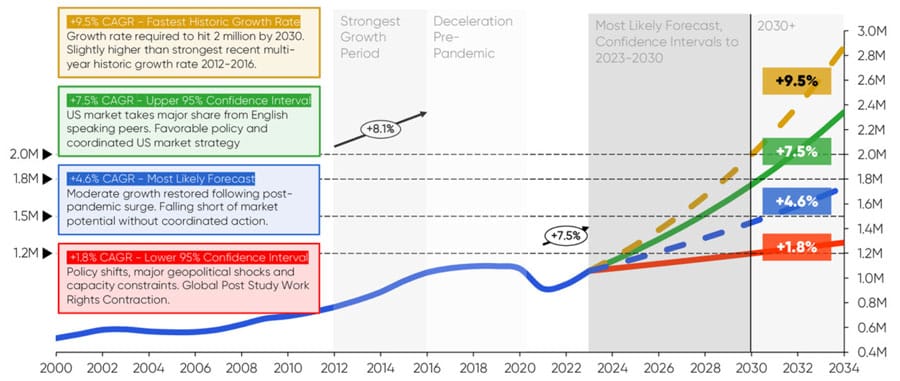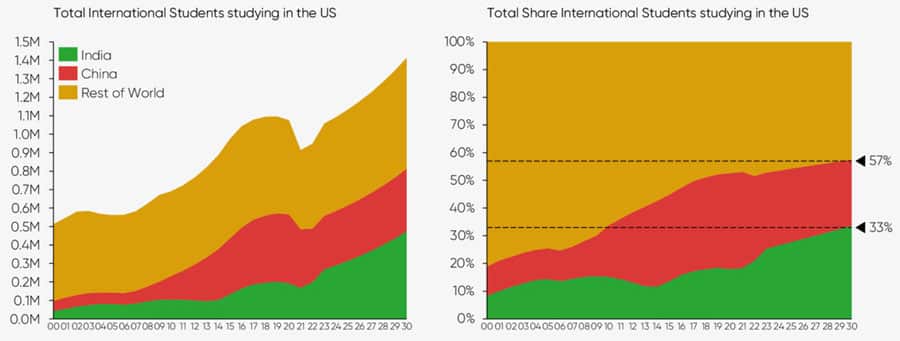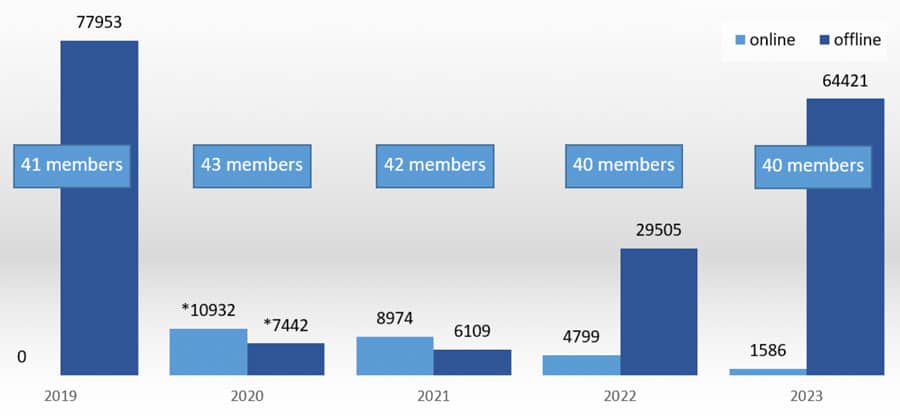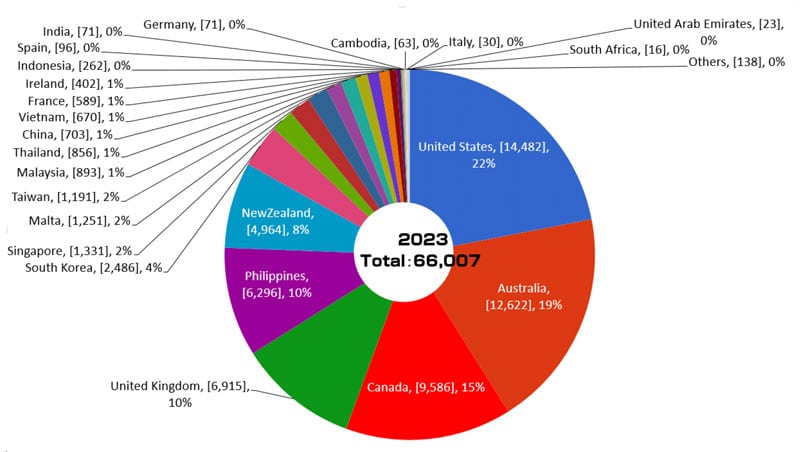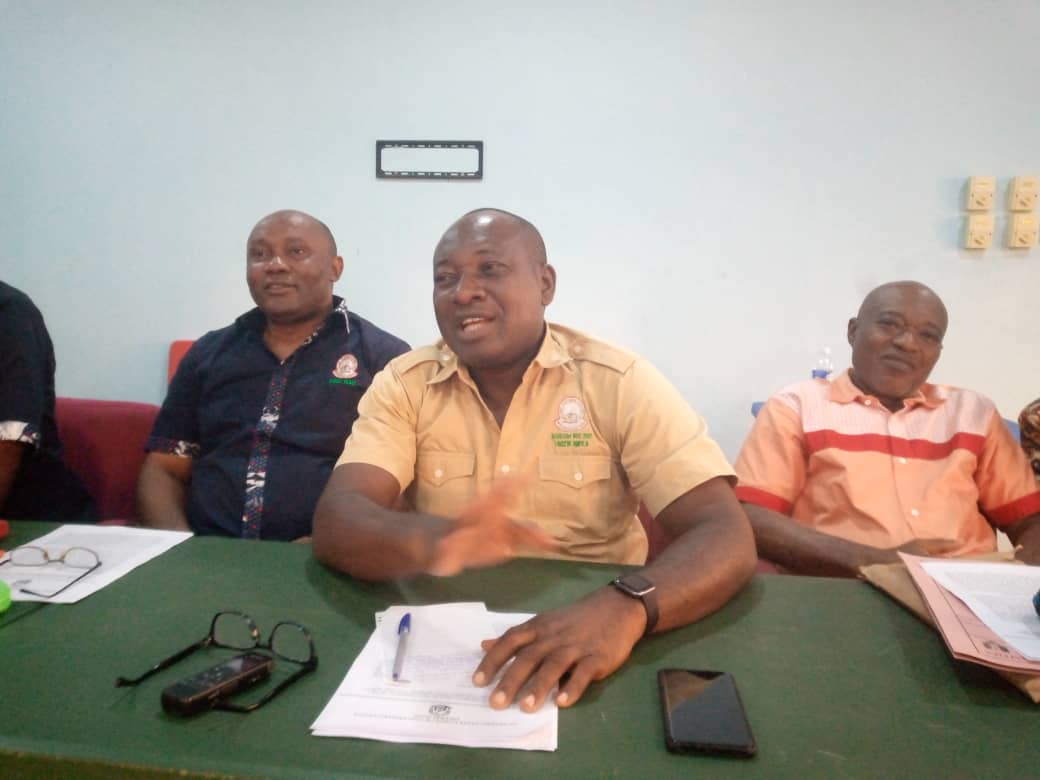Ahead of a snap general election called for 4 July 2024, and after months of speculation, a joint news release from the Home Office and Department of Education confirms that the UK’s current policy setting for post-study work rights (the Graduate Route) will remain in place. It makes clear as well, however, that the government intends to take further steps “to ensure the UK’s world-leading higher education sector is used for education, not as a gateway to immigration,” adding that:
“New proposals will further crackdown on student visas, ensuring only genuine students can come to the UK; [the Graduate] Route will be kept under review.”
The proposals are intended “to ensure the UK’s world-leading higher education sector is used for education, not as a gateway to immigration,” and the release warns that “options to go further remain under consideration.”
More specifically, the “crackdown” being proposed is especially directed at agents:
“The proposals would regulate the recruitment of international students, cracking down on rogue recruitment agents who encourage people to apply to British universities by mandating universities to sign up to a stringent framework for agents.”
The proposals include:
- Tougher compliance standards for institutions recruiting international students, and “institutions who then fail to pass our visa checks, enrol or complete their courses, will risk losing their sponsor licence”;
- Universities being required to commit to a quality assurance framework for agents;
- An increase in financial maintenance requirements “so international students will have to prove their financial self-sufficiency”;
- A review of English language assessments “with the objective of standardising independent assessments, ensuring all international students are equipped with the skills to understand their course materials – or they shouldn’t expect a place at a UK university”;
- Restrictions on remote delivery to “ensure all overseas students are predominantly undertaking face-to-face courses.”
No further detail on the proposed measures has yet been provided.
Applications down by almost a quarter in the first four months of 2024
Home Secretary, James Cleverly, announced that new measures introduced to reduce migration to the UK – including the removal of most student dependants’ right to accompany students to the UK – have already driven down student visa applications by almost a quarter in the first four months of 2024:
“We have taken decisive and necessary action to deliver the largest cut in legal migration in our country’s history. Applications are already falling sharply, down by almost a quarter on key routes in the first four months of this year compared to last, with the full impact of our package still to be seen.”
But he stressed the need to do more:
“But we must go further to make sure our immigration routes aren’t abused. That’s why we are cracking down on rogue international agents and, building on work across government, to ensure international students are coming here to study, not work.”
Education Secretary, Gillian Keegan, said the proposals are aimed at making sure there is a balance between attracting international students to UK universities and controlling immigration:
“I am proud that British universities have a fantastic reputation both at home and abroad, and it is testament to the quality of education they offer that so many people aspire to study in this country.
It is right that we strike the balance between controlling immigration and making sure the UK remains the ‘go to’ place for students around the world, supporting our brilliant universities and enabling the best and brightest to study here.”
The Graduate Route: safe so far but still “under review”
Last week the government received the findings of the Migration Advisory Committee’s (MAC) “rapid review” of the Graduate Route (which provides international students with 2-3-year post-study work rights). The MAC concluded that the Route has not been widely abused and recommended that the Route not be restricted, especially given the pronounced impact that the dependant’s ban is having on student applications and by extension on the higher education sector.
“Recent migration changes have already delivered the intended result of reducing international student numbers, with 9 in 10 member universities responding to our May survey reporting a decline in international applications. Any further restrictions would have had severe implications for the higher education sector and the economy.”
The government has not made any changes to the Route since the MAC recommendation, which has been welcomed by leaders in the international education sector including Vivienne Stern, Chief Executive of Universities UK. However, the government release hints that changes are not being ruled out in the future. The Home Office notes that the Migration Advisory Committee’s finding that some agents are “overselling” UK education and links this finding to a concern about the Graduate Route:
“The MAC warned that rogue recruitment agents pose a threat to the integrity of our immigration system, with poor practices exploiting student and graduate visa holders mis-sold UK higher education. Since migrants on the student route transition directly to the Graduate route, immediate action is necessary.….The government also remains concerned that the route is not attracting the highest earners who contribute to our economy.”
From BUILA to Universities UK to The Russell Group, there was unanimous relief that the Graduate Route remains in place as well as a stated commitment to working with the government on stricter agent regulation. Dr Tim Bradshaw, Chief Executive of the Russell Group, said:
“We welcome the news that the Graduate Route remains in place. As recognised by the MAC’s recent report, international students bring huge value to our universities, our communities and our economy. The actions that Government has laid out today, such as additional regulations on agents, will help to protect the quality and integrity of the UK’s education offer and we are ready to work with Government and colleagues across the sector to implement these. Stability is now needed in student migration policy to enable universities to plan for a long-term, sustainable future and protect quality and choice for all students.”
For additional background, please see:
Source



